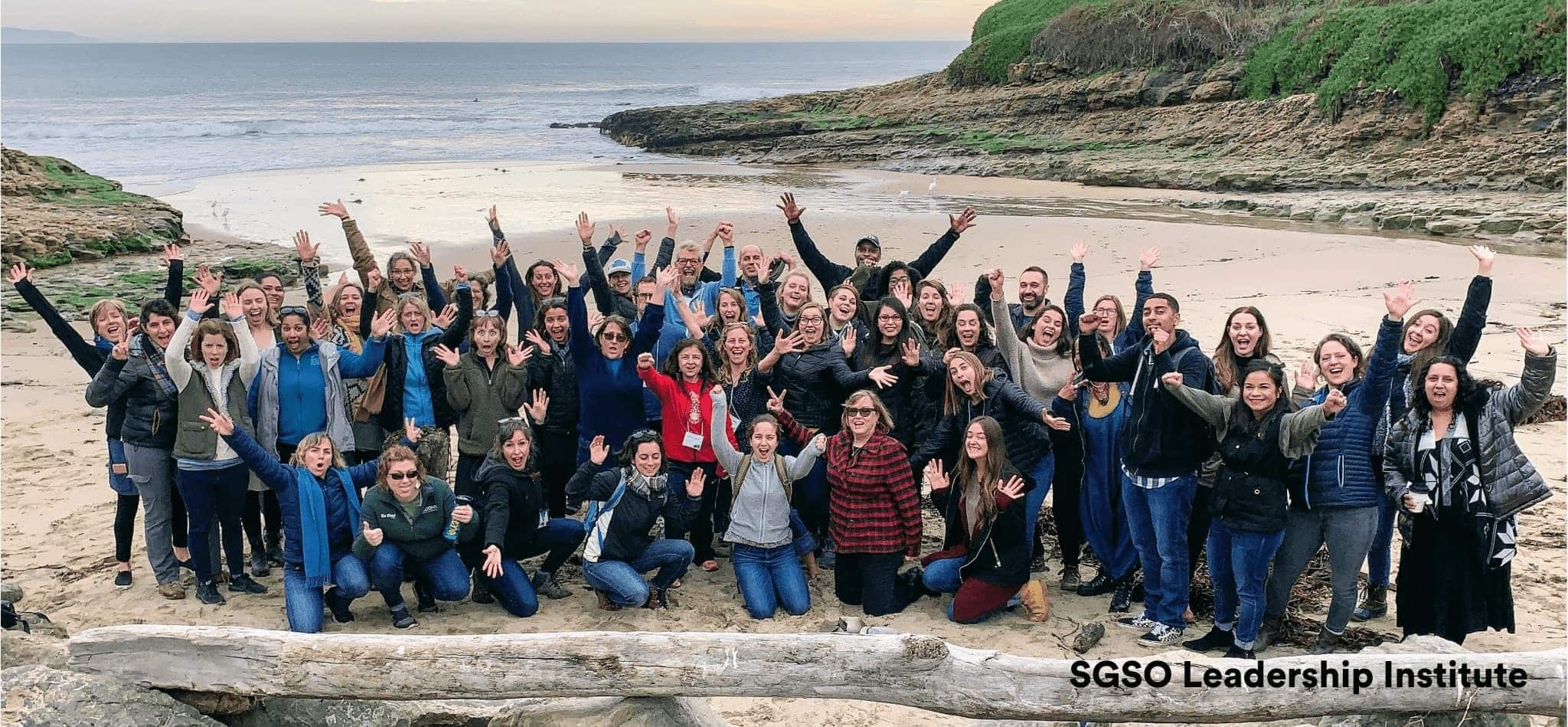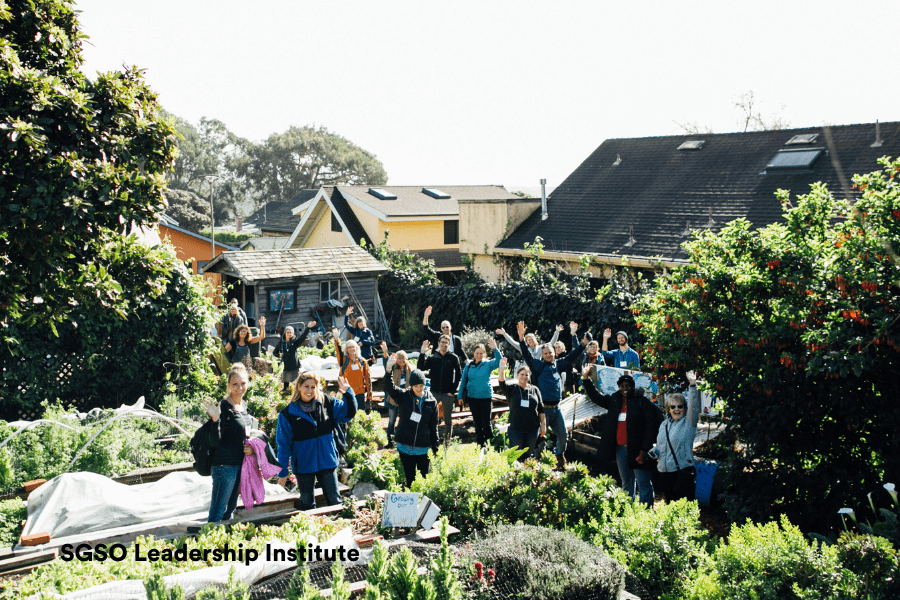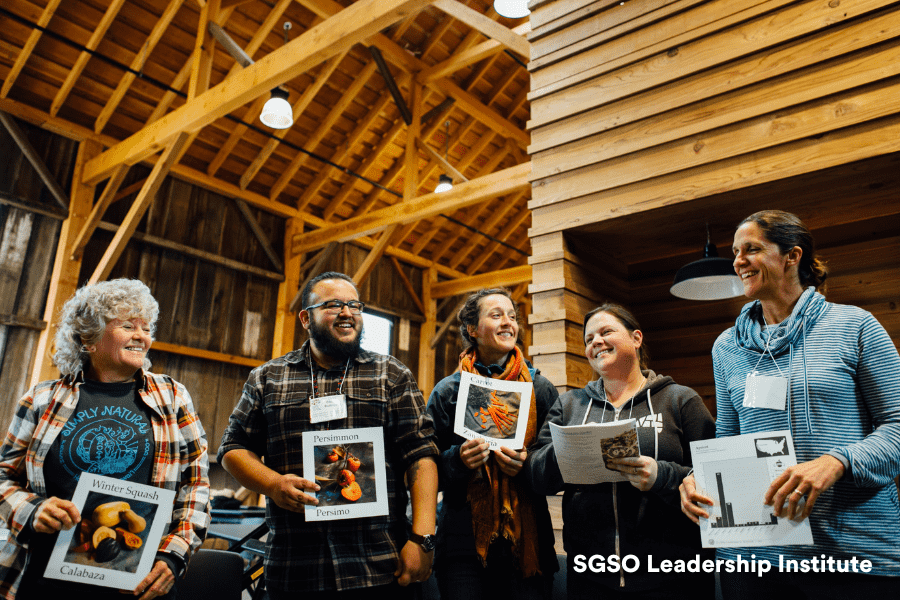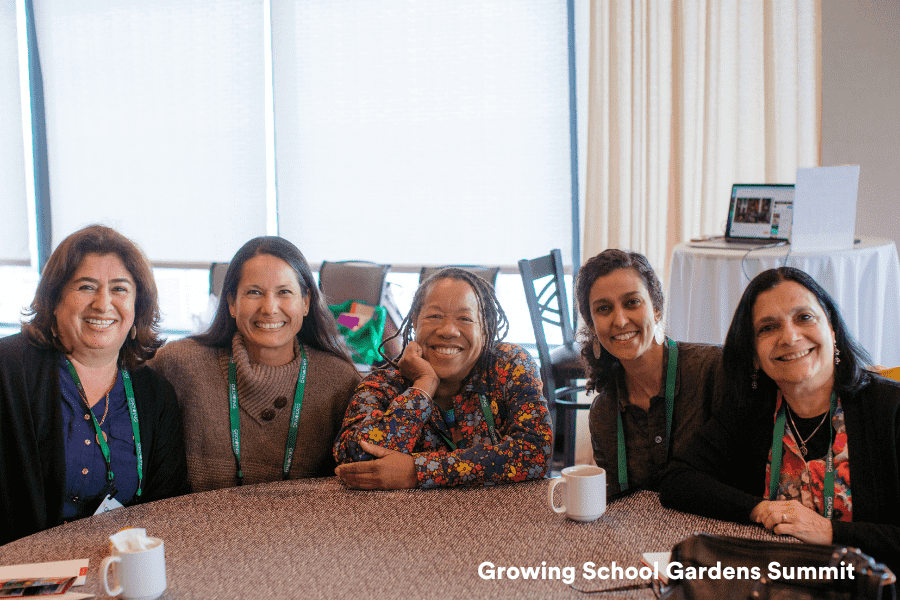With Love & Veggies
I have often described my role leading Whole Kids & Whole Cities as the best job on the planet…and it truly is. When a person can dedicate their days to doing work, they are deeply passionate about and that makes a difference in the world – it is not a job!
That said, it’s time for the next chapter – both for me and these amazing organizations!






